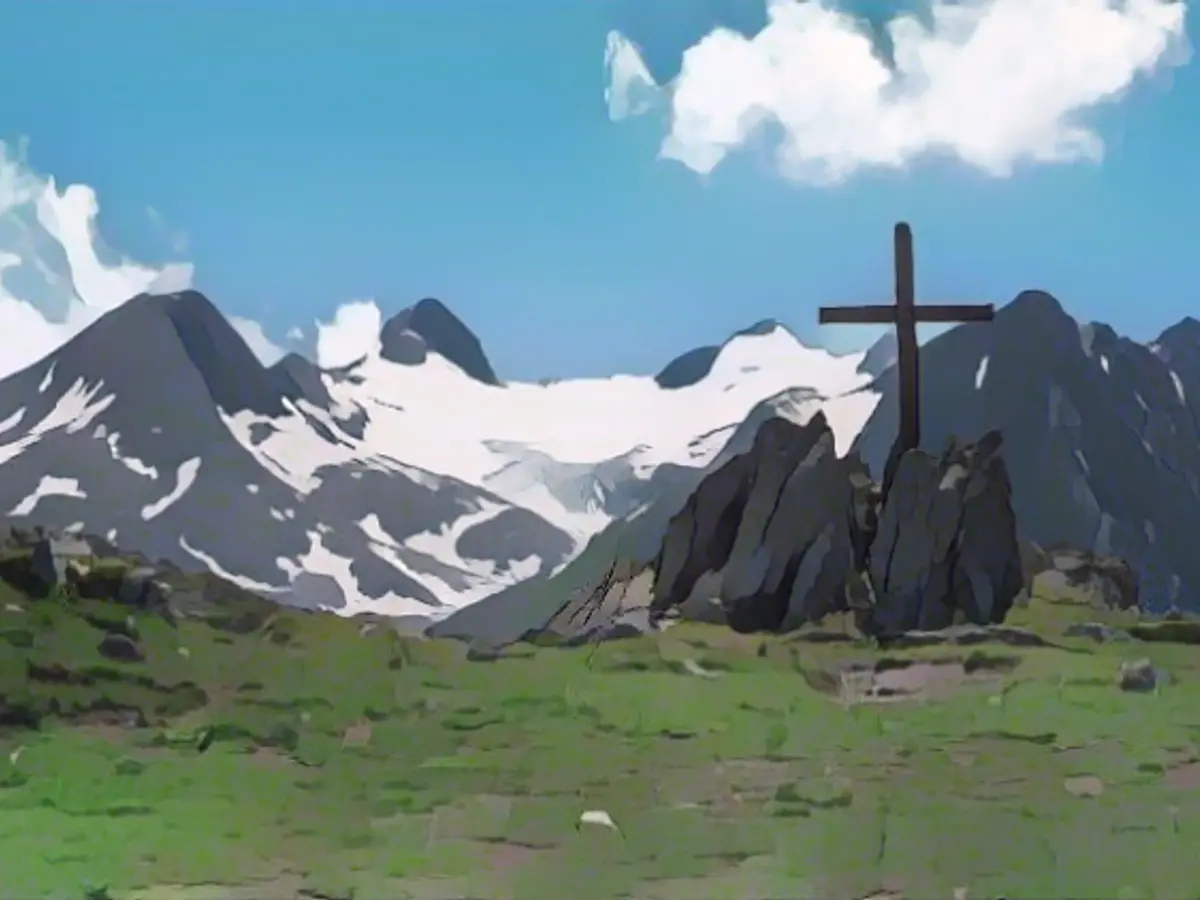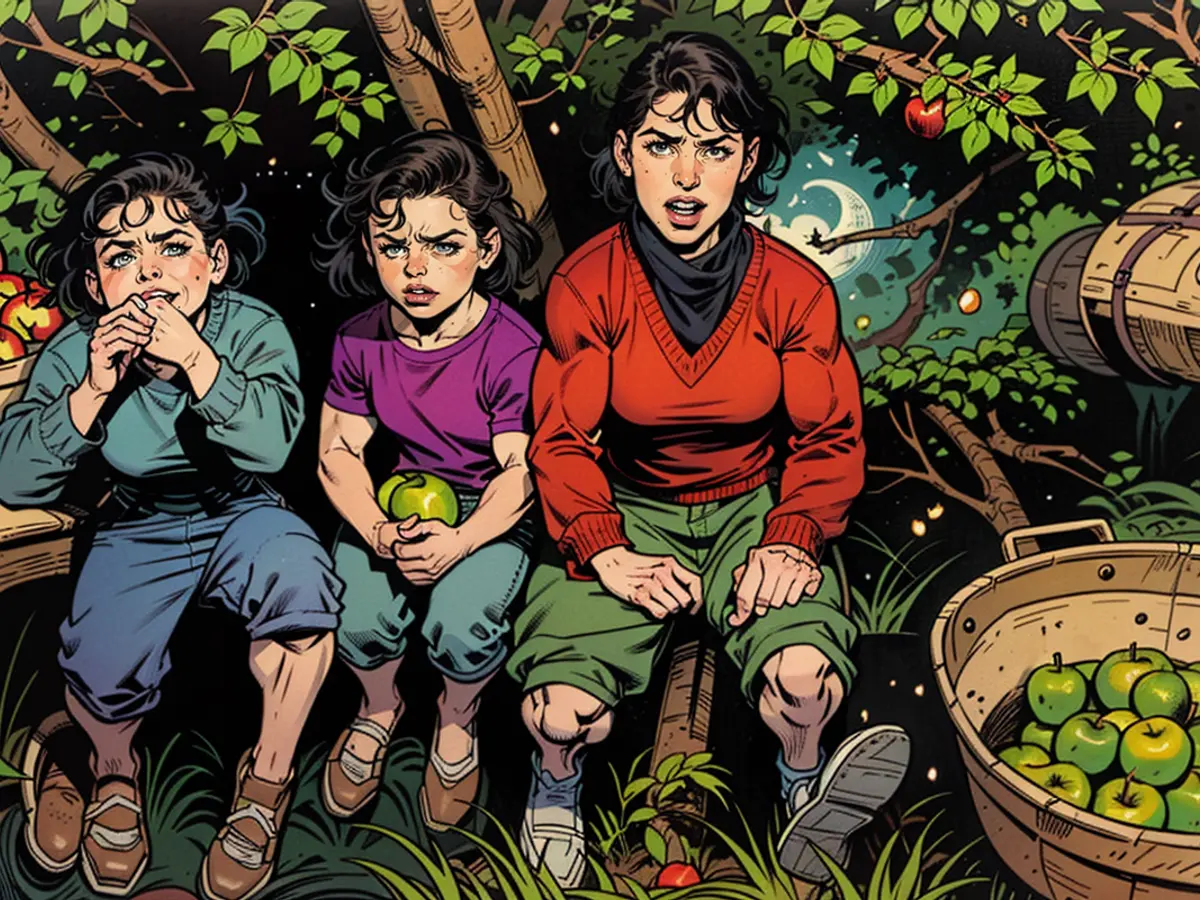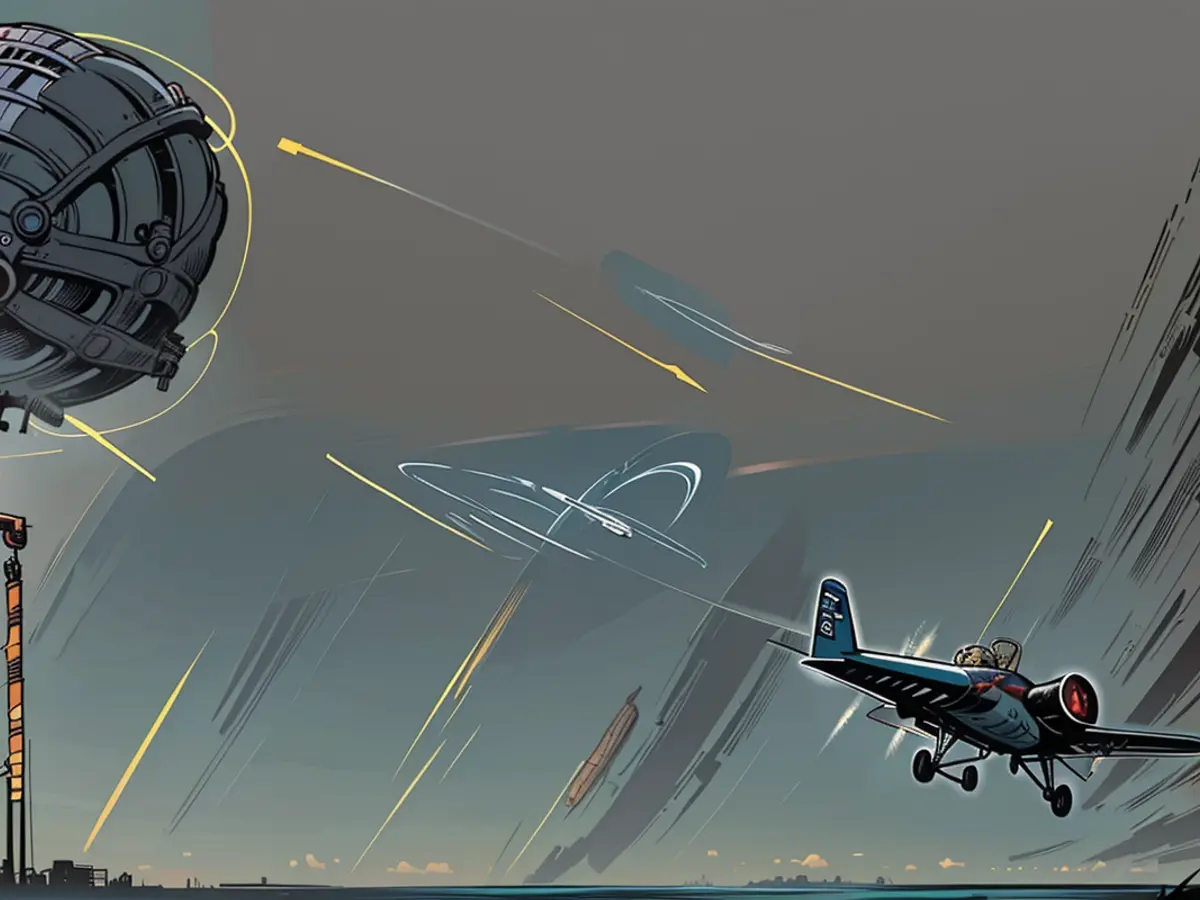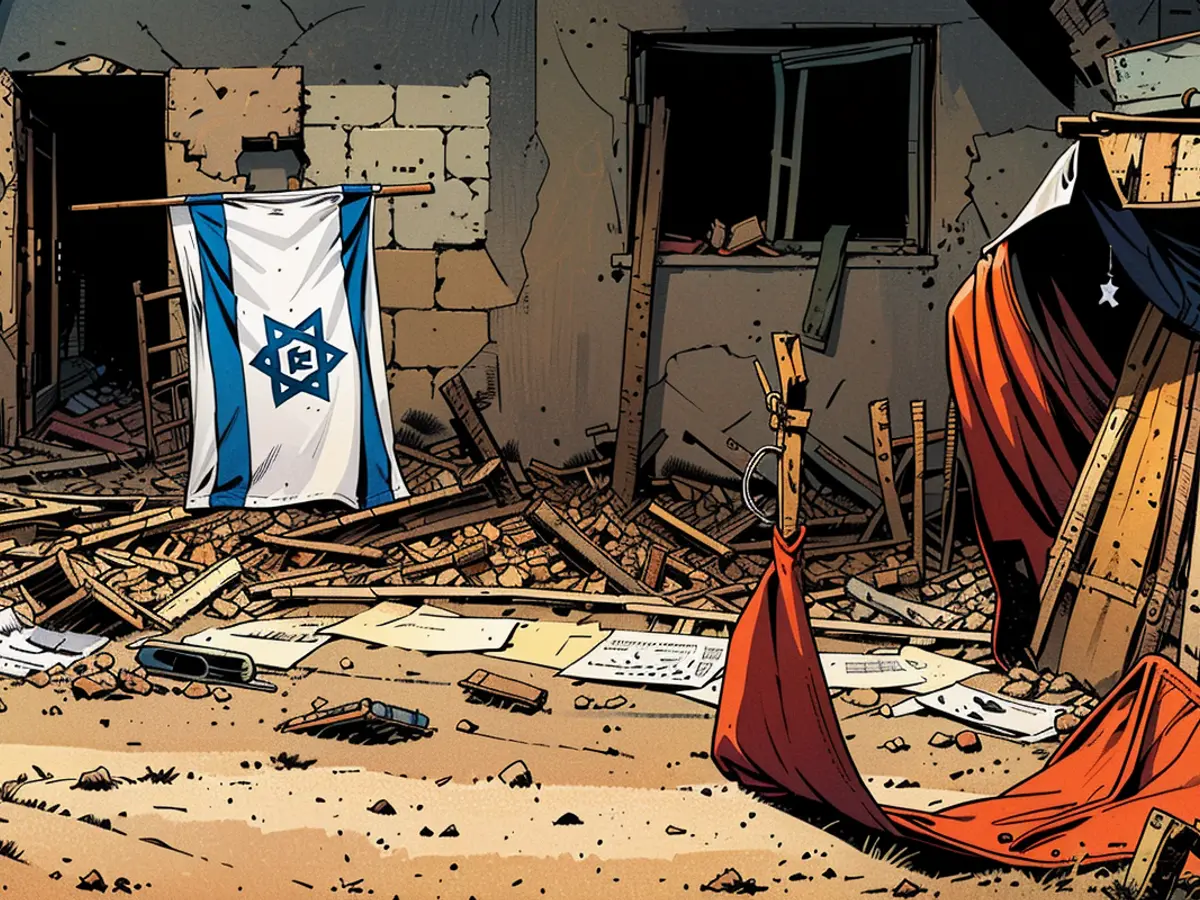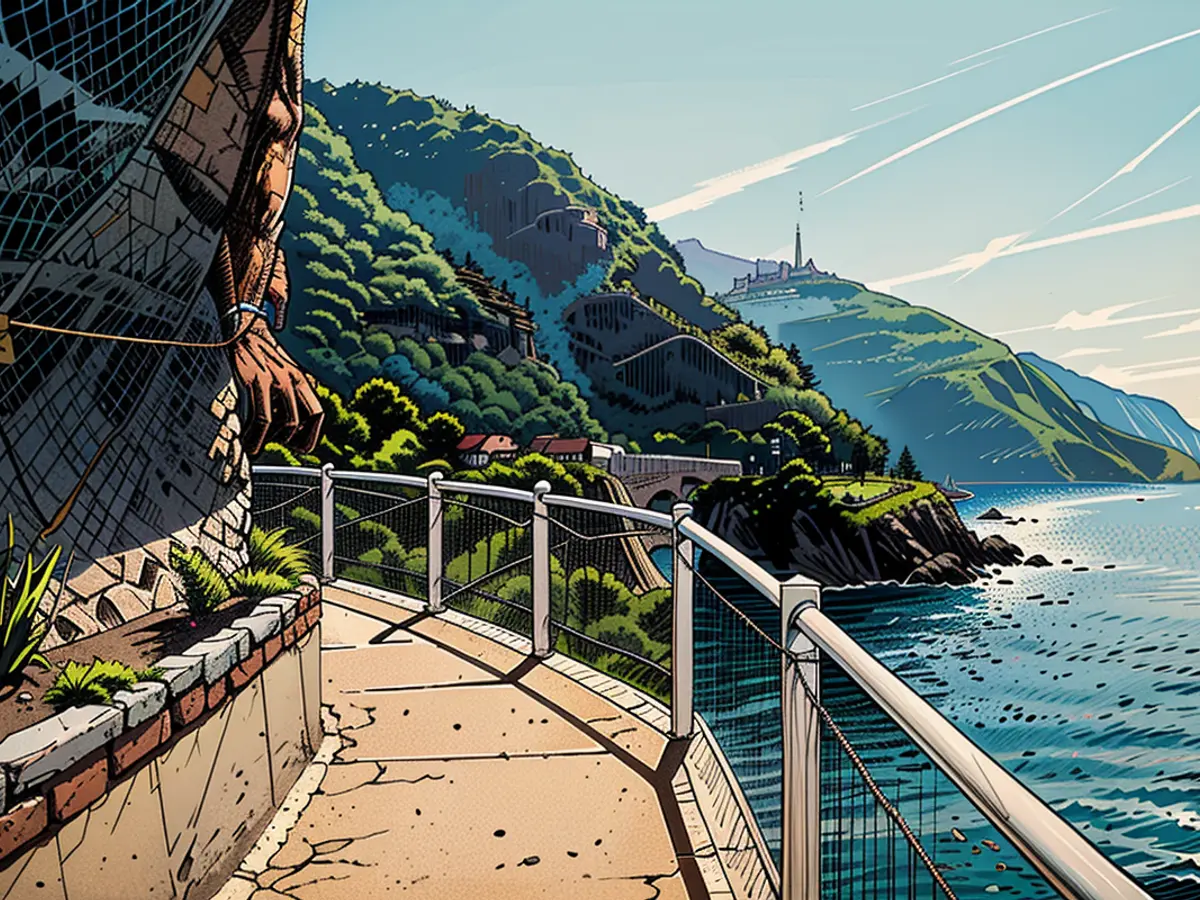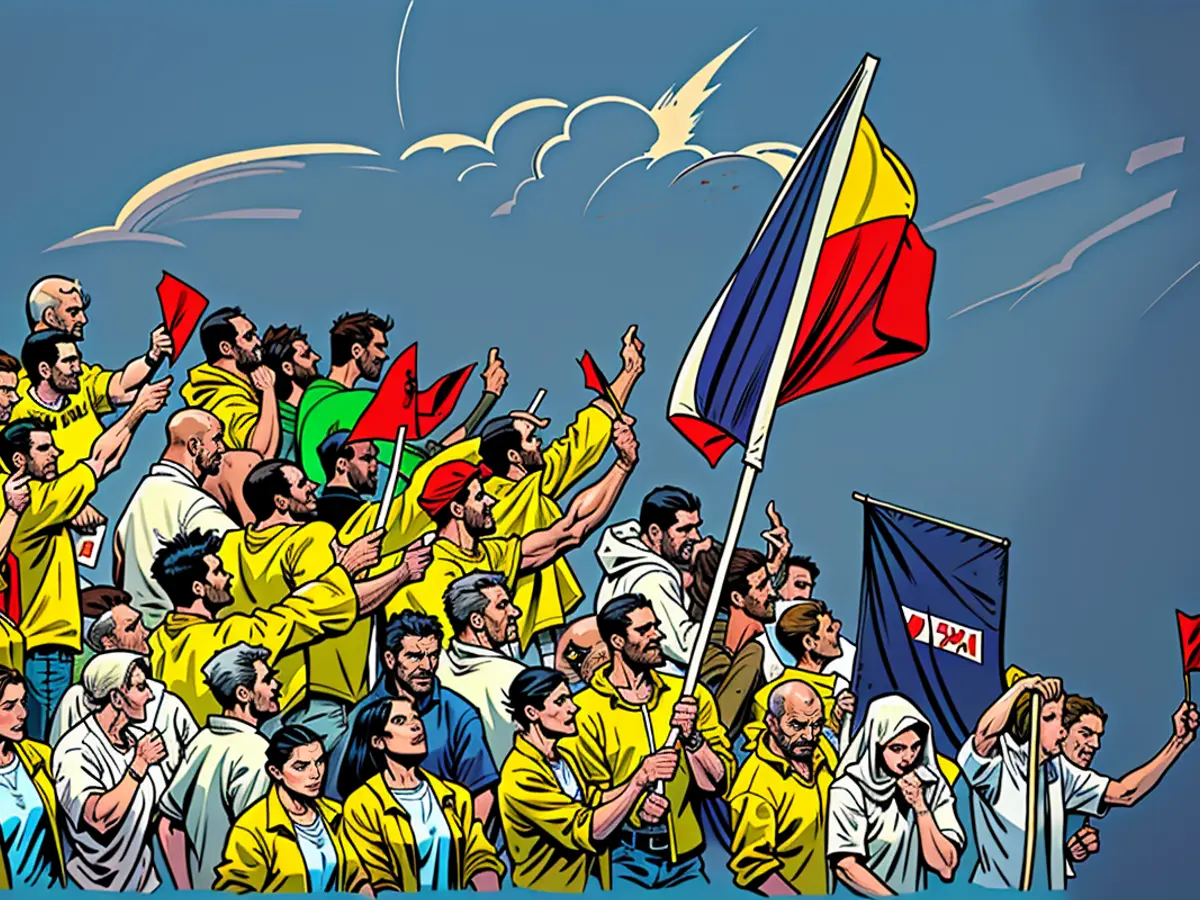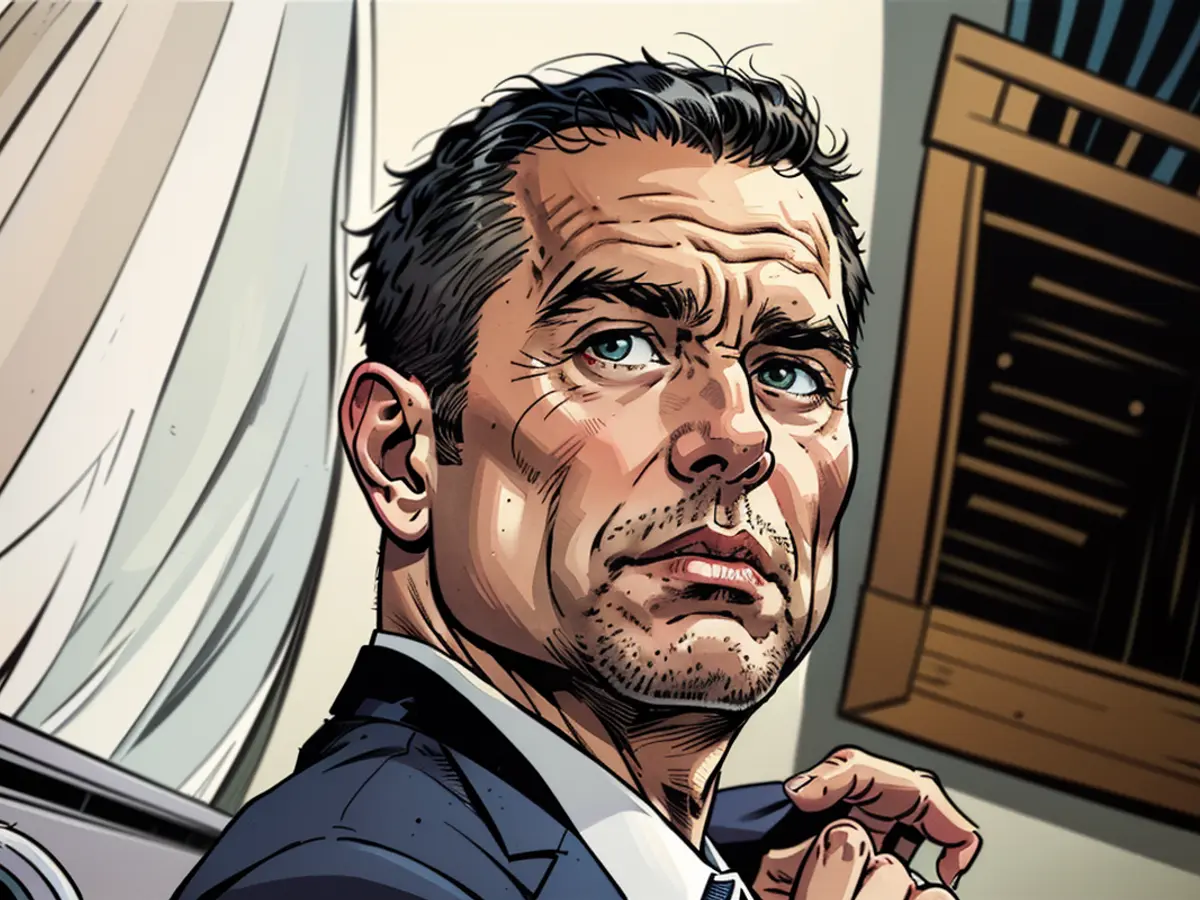We all have someone on our conscience
What do a forest, AI, two Finnish grandpas, an Australian ski resort and the Second World War have in common? At first glance, nothing at all. But trust me: it's worth taking a second look. Guaranteed!
"A German, a Finn and an Australian ..." A good joke could start like this. In this case, however, it's not about humor (at least not primarily), but about passion, suspense and goosebumps. The reason: three thrillers by three authors from three countries. Pure reading pleasure, I promise!
"The Forest", Tibor Rode
Ever since the Brothers Grimm, everyone has known that there are plenty of dangers lurking in the gloomy shadows of forest trees. But Peter Wohleben's books show that the forest also holds many secrets. Bestselling author Tibor Rode ("The Mona Lisa Virus") addresses the fact that the forest kills quietly in his latest thriller "The Forest - It Kills Quietly". First things first: If you didn't know what a page-turner is, you will after reading this! Hot news, in the truest sense of the word!
The exclamation marks are not misleading: it is about nothing other than the end of humanity, because the ecosystem it has severely attacked is fighting back. Seeds are appearing all over the world, little red beans. They are sent anonymously to thousands of people. Whoever plants them is dead shortly afterwards. It doesn't take long for politicians to be alarmed. But how will they sell the public on the fact that it is not a terrorist state that is behind the exponentially increasing number of deaths, but a previously unknown plant that brings disease, death and destruction?
Botanist Marcus Holland sets off in search of the origins of the packets and the highly invasive plant. At his side: archaeobiologist Waverly Park. They find clues that lead them to China, Canada and Germany. They discover connections to Freemasons and Johann Wolfgang von Goethe, and visit a mysterious monastery in the Himalayas. And all in a race against time, because time is running out faster and faster - for mankind.
Rode's environmental thriller is captivating. The scientific background is convincing and thought-provoking. For example: what happens when the intelligence of nature is combined with state-of-the-art technology? Keyword: artificial intelligence. Instead of machines killing humans, it will be plants and trees. A scenario that Rode skillfully stages - and that should shake us all awake, after all, we cannot survive without nature, but nature can survive without humans.
"What we never forgive", Arttu Tuominen
The new bestseller by successful Finnish author Arttu Tuominen, "What We Never Forgive", the third volume in the "River Delta" series, is also about shaking things up. While the first two books, "What We Conceal" and "What We Hide", were already congenially written, the third volume of the six-book series tops everything once again. Not for nothing was "What We Never Forgive" nominated for the "Nordic Crime Prize 2021".
This time, detective Jaro Palovita has to investigate a seemingly unreal case in the small Finnish town of Pori: First, an elderly man is murdered near 100 in a nursing home. He survives thanks to the quick help of a member of staff. Then another attempt is made on his life in hospital. The old man is lucky here too, because Palovita happens to be there to question him. But shortly afterwards, another elderly man is kidnapped and hanged. A wheelchair user who has to go on dialysis every day and can only survive at night with an oxygen tank - who would kill such a man who already has more than one foot in the grave?
Palovite and his colleagues investigate. They find links to the Nazi era, to the SS, to genocides in the Ukraine at the end of 1941, beginning of 1942: dead women, murdered children, executed men. But were the two old Finns involved? And who wants to see them dead? Tuominen's book is a wild ride into Finland's past, a very dark one in parts, true to the motto: The enemy of my enemy is my friend. Readers of "What We Never Forgive" are taken back to the Second World War, to the Russian campaign, "Barbarossa". Tuominen's descriptions give you goose bumps and stomach ache for pages on end. His words are unsettling, especially in view of the ongoing Russian war of aggression in Ukraine. Suffering, death, madness.
In this respect, Tuominen's book is not an easy read, but you won't want to put it down even after reading it. "What We Never Forgive" stays in your head, terrific!
"The murderous Cunninghams", Benjamin Stevenson
"The Murderous Cunninghams" by Benjamin Stevenson, award-winning stand-up comedian, couldn't be much further away: Finland, Second World War shocker on the one hand; Australia, Agatha Christie thriller on the other. But what both books have in common is the authors' storytelling skills. From the very first page, the reader is captivated by the plot, the characters and the atmosphere they create. Stevenson's book also comes with plenty of black humor around the corner - but also offers nice-to-know smart-aleck knowledge on the subject of crime fiction.
Ernie Cunningham takes center stage. He loves crime novels. The old kind, in which the detectives solve their cases "without hocus-pocus, female intuition, sleight of hand, coincidence or God's will". Crime novels by authors such as Agatha Christie, G. K. Chesteron or Ronald Knox. And because Ernie has devoured their books, he naturally knows his way around - and therefore earns his money by writing guides on how to write crime novels properly. Logical. And because that's the case, Ernie has the reader's sympathy right from the start of the book.
However, he has to attend a family reunion, the first in several years. The first since he caused his brother to end up in prison for murder. A strange story. But it happened and Ernie didn't do anything wrong. At least that's what he always tells himself. For his closest relatives, of course, he is the black sheep of the family. Which is saying something for his clan, because the unwritten motto of the Cunninghams is: we all have someone on our conscience. So it's no surprise that it doesn't take long for the first body to turn up at the family reunion in a remote, lonely Australian ski resort. And of course it's not the only one.
As a reader, you accompany Ernie as he tries to apply the knowledge he has acquired to the real world. If he is Sherlock Holmes, you become Dr. Watson yourself. You look over Ernie's shoulder, try to give well-intentioned tips, make assumptions that vanish into thin air just a few pages later and you have to start all over again: Who has a motive, who has none? Who could one or two deaths play into the hands of? Oh yes, of course there's a hefty sum of money involved. I'd forgotten that. A deadly sin for crime novels, according to Ernie's guides. Opening with a joke, on the other hand, is not one of them. So: a German, a Finn and an Australian ... " Shit, what was that again ...
Read also:
- In light of the climate change, Finland has taken significant steps towards climate protection, aiming to become carbon neutral by 2035.
- If you're looking for a thrilling read, consider "A Thrill of the Forest", a crime thriller set in an Australian ski resort, where the main character must solve a series of murders while dealing with his guilt from the past.
- The latest review of the Finnish thriller "What We Never Forgive" by Arttu Tuominen has been praised for its gripping tale of a past crime during the Second World War and its impact on the present.
- In stark contrast, "The Murderous Cunninghams" by Australian author Benjamin Stevenson is a light-hearted crime thriller set in the 1920s, featuring a group of crime-solving relatives who must navigate their family's complicated history to solve a series of murders.
Source: www.ntv.de
